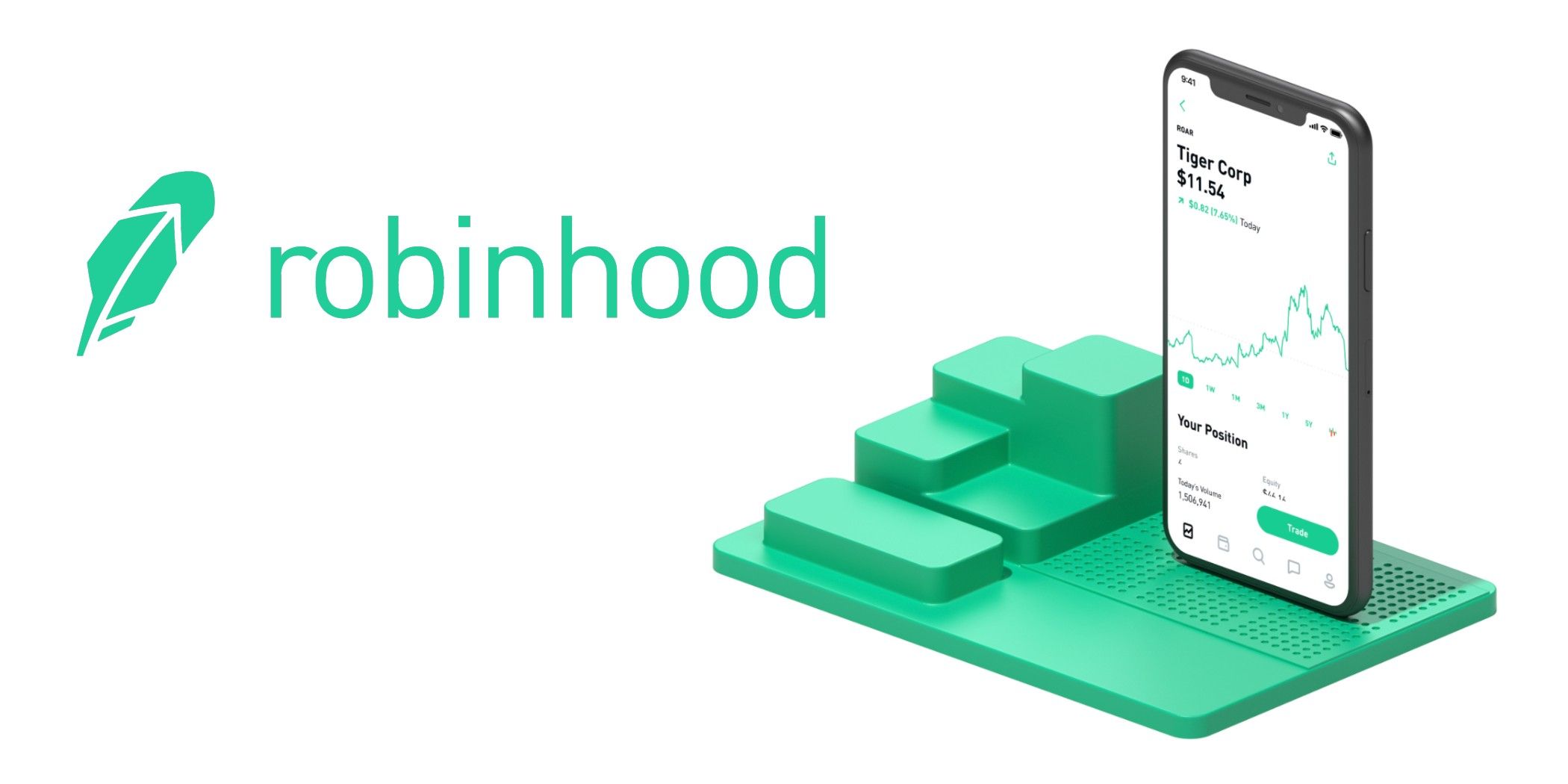Robinhood, a commission-free stock and crypto trading app, has announced that they will soon launch their own fractional shares service. That means people can buy shares of stock in increments as low as just one cent. Robinhood is not the first to do this, however, and is now competing with other financial service companies and apps. But with their dedicated following, they could pull forward and become the leader in commission-free fractional shares trading once the services goes live.
Investing in shares of individual stocks can seem a far off dream for some. The most popular and respected companies often have share prices that are well over $100, if not $1,000. For example, Apple stock is currently trading for $271 at press time. Your typical young working person would be hard-pressed to save up that much money just to invest in a single company and put themselves at risk of not diversifying. Fractional shares, on the other hand, have the potential to change all of that. Instead of needing to buy an entire share, users can choose to buy much smaller amounts, and thus be able to both get started investing earlier and be able to diversify.
Click the button below to start this article in quick view.
With Robinhood (via TechCrunch) offering fractional share purchases as low as one cent, it is clear that they are trying to compete with the offerings of other similar apps such as the Square Cash App which recently launched its own stock trading service with minimum purchases of just $1. Some of the traditional players are also trying to get in the game such as Schwab which has begun offering both fractional shares and commission free trading since October.
Is Robinhood The End of Mutual Funds?
One possible side effect of fractional share trading is that the need for mutual funds and index funds could drop significantly. Traditionally, if you want to diversify your investment across a large number of companies, one way to do that without being demolished by trading fees was to buy shares into a diversified fund. However, these funds typically charge management fees that reduce your potential profits. With fractional shares, on the other hand, it would be relatively simple to build yourself a pseudo mutual fund out of a few dozen company’s stocks just by buying a tiny bit of each one. Of course, this would require a bit more work, but it would result in savings since there would be no management fees to pay.
Who Has the Best Fractional Shares Program Now?
As far as sheer ease of use and reputation, right now the best choice is Cash App. Cash App is simple and straightforward and allows people to buy both stocks and bitcoin. In the future, however, Robinhood could prove to be the better option – particularly as the company claims that they will soon be rolling out automatic dividend reinvestment plans, or DRIPs. That means your shares will earn more shares through the automatic repurchasing from dividends. It’s a potentially powerful feature, and one that Cash App has so far not addressed yet.
On the other hand, for the absolute novice, Robinhood can seem a little intimidating as it does offer a number of professional features that could be pretty difficult to grasp if you’ve never traded stocks before. Lastly, for the absolute pro, or at least someone who wants total control and a familiar desktop interface, Schwab will likely be the winner for this group.
